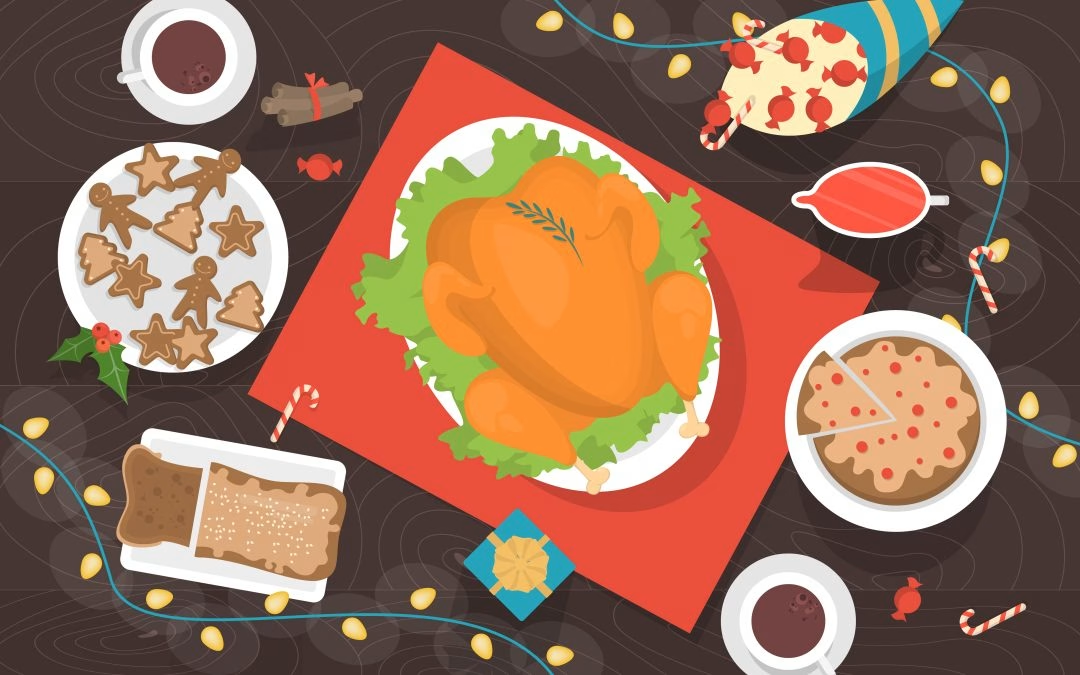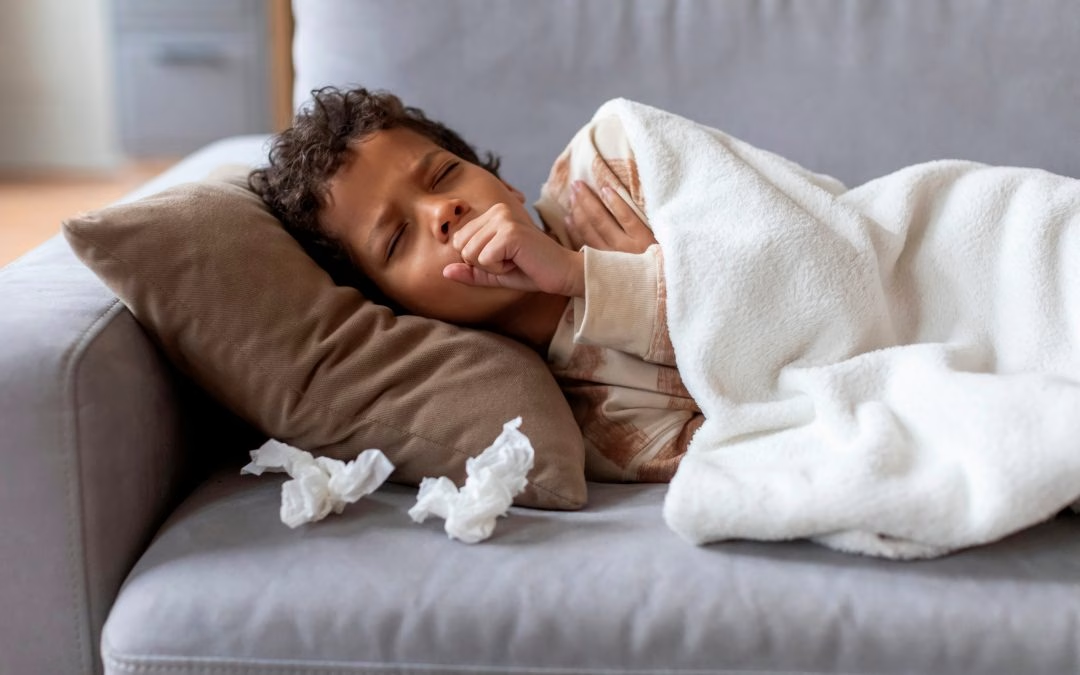
Keep your holidays safe from foodborne illness with these food safety tips. Learn how urgent care can help if symptoms strike. Walk in today—open 7 days a week!
The holiday season in Athens is filled with festive gatherings and delicious meals, but it’s also a peak period for food-borne illnesses due to handling and preparing large quantities of food. With holiday favorites like turkey, stuffing, and casseroles on the menu, practicing food safety is crucial to avoid contamination. This is especially important if you’re bringing dishes to a family meal after a day of holiday shopping at the Market Park Pavilion or picking up seasonal produce from Mayfield Dairy Farms. Food-borne illnesses often stem from bacteria like E. coli, Salmonella, and Listeria, which can multiply quickly if food isn’t cooked, stored, or handled correctly. Following some simple guidelines can help keep your holiday meals safe, allowing you to fully enjoy the season with loved ones around Athens.
How Can I Avoid Food-borne Illnesses Like E. coli?
E. coli bacteria, which can lead to symptoms like severe stomach cramps, diarrhea, and vomiting, are commonly found in undercooked meats, especially ground beef, as well as unpasteurized dairy products and contaminated produce. Here’s how you can avoid E. coli and other bacteria in your holiday meal prep:
- Cook meats thoroughly: Use a meat thermometer to ensure all meat dishes reach their recommended internal temperatures. Ground meats, for example, should reach at least 160°F to kill harmful bacteria.
- Wash fruits and vegetables: Rinse all produce thoroughly before use, even if you plan to cook it. This reduces the risk of contamination from soil or handling.
- Avoid cross-contamination: Use separate cutting boards for raw meat and fresh produce. Make sure utensils, dishes, and surfaces are cleaned and disinfected after handling raw meat.
- Refrigerate leftovers promptly: Any leftovers should be refrigerated within two hours to prevent bacterial growth. The quicker food is cooled, the less chance bacteria have to thrive.
How Can I Keep Food Safe for Holiday Leftovers?
Holiday leftovers are a tradition, but they can also be a source of foodborne illness if not handled properly. Here’s how to keep your leftovers safe to enjoy later:
- Store within two hours: Make sure leftovers are stored in airtight containers and refrigerated promptly.
- Reheat to a safe temperature: Heat leftovers to at least 165°F before eating to kill any potential bacteria.
- Know when to toss it: Most leftovers are safe for up to four days in the fridge. If you’re unsure, it’s better to err on the side of caution.
What Should I Do If I Experience Symptoms of Food Poisoning?
Food poisoning can hit quickly, causing nausea, vomiting, diarrhea, stomach cramps, and sometimes fever. Symptoms often last only a day or two, but in some cases, they can lead to dehydration or more serious complications, especially for young children, older adults, or individuals with weakened immune systems.
If you start feeling ill shortly after a holiday meal, you can try these steps:
- Rest and hydrate: Drink plenty of water or electrolyte drinks to stay hydrated, especially if you’re experiencing vomiting or diarrhea.
- Avoid anti-diarrheal medications: While it might be tempting, it’s usually best to let your body clear out the bacteria naturally. Anti-diarrheal medications can sometimes prolong symptoms in bacterial infections.
- Seek medical attention if symptoms persist: If you experience symptoms like high fever, bloody diarrhea, prolonged vomiting, or signs of dehydration, it’s essential to visit our clinic and get help from our team of medical providers.
When Should I Visit Urgent Care for Food-borne Illness?
Many people recover from mild food-borne illnesses on their own, but some cases require medical attention. You should consider visiting our urgent care clinic if you experience:
- Severe dehydration: Symptoms like dry mouth, dizziness, and dark-colored urine can indicate dehydration, which may require IV fluids to restore balance.
- High fever or severe abdominal pain: These can signal a more severe infection, which may need antibiotics or other treatments.
- Symptoms lasting more than 48 hours: If you’re still feeling sick after a couple of days, a healthcare provider can evaluate you for complications or prolonged infections.
At AFC Athens, we can quickly assess your symptoms, offer fluids if needed, and provide treatments that can help you recover faster. Plus, we can also help you determine if additional testing or specific treatments, like antibiotics, are necessary.
Can Urgent Care Help with E. coli and Other Food-borne Illnesses?
Yes, urgent care clinics are well-equipped to help with food-borne illnesses, including those caused by E. coli. While antibiotics are not always recommended for E. coli infections, our urgent care providers can help manage symptoms, monitor dehydration, and assess whether additional care is needed. If your illness is more serious, we may also refer you for further care, ensuring you get the help you need as quickly as possible.
By following these food safety tips, you can help ensure a healthy and happy holiday season. And if food-borne illness strikes, remember that AFC Urgent Care Athens is here to help you get back on your feet quickly.


